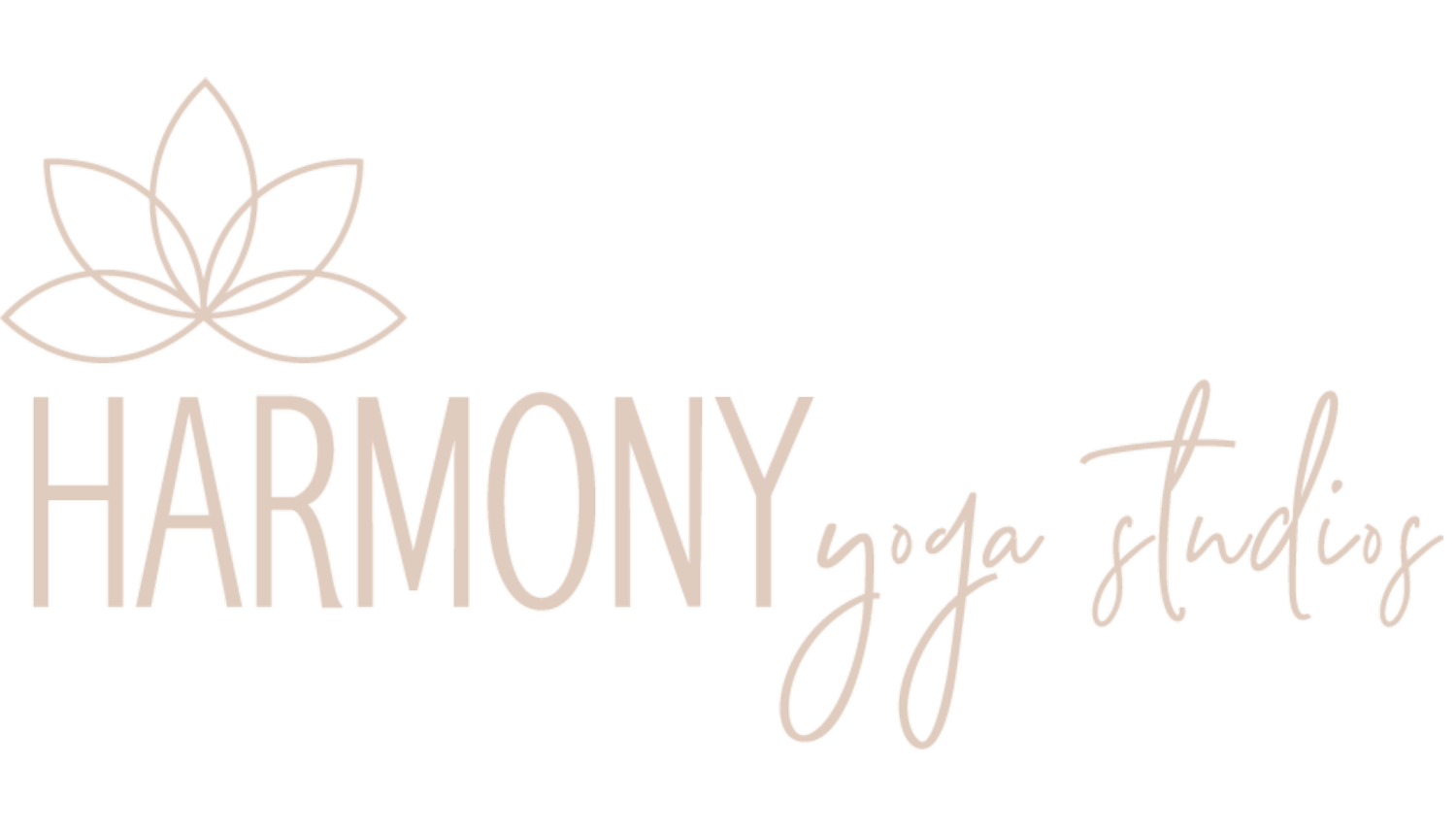A beginner’s guide to meditation
Meditation is a transformative practice that can bring a sense of calm, clarity, and inner peace to your life. It is an essential component of yoga, and even if you're new to both practices, starting with meditation can be a powerful way to enhance your overall well-being. In this guide, we'll provide beginners with the fundamentals of meditation, helping you embark on a journey of self-discovery and mindfulness.
1. Find a Comfortable Space:
Choose a quiet, comfortable place where you won't be disturbed.
Sit on a cushion or chair with your back straight, shoulders relaxed, and hands resting on your lap or knees.
2. Set a Time Limit:
Start with a short meditation session, such as 5-10 minutes.
As you become more comfortable, you can gradually extend your meditation time.
3. Focus on Your Breath:
Close your eyes and bring your attention to your breath.
Observe the natural rhythm of your breath without trying to change it.
4. Mindfulness of Breath:
Pay close attention to the sensations of your breath as it enters and leaves your body.
If your mind starts to wander, gently bring your focus back to your breath.
5. Body Scan Meditation:
Progress from breath awareness to body scan meditation.
Mentally scan your body from head to toe, observing any areas of tension or discomfort and consciously releasing them.
6. Loving-Kindness Meditation:
Extend your practice to loving-kindness meditation.
Send wishes of love and goodwill to yourself, loved ones, and all beings.
Use phrases like "May I be happy, may I be healthy, may I live with ease."
7. Guided Meditations:
Utilize guided meditation apps, recordings, or classes for structured guidance.
These resources can help you explore various meditation techniques and themes.
8. Accept Thoughts and Emotions:
Understand that thoughts and emotions are a natural part of meditation.
Instead of resisting them, acknowledge their presence without judgment and gently return to your breath or focus.
9. Consistency Is Key:
Consistency is more important than duration. Aim to meditate daily, even if it's just for a few minutes.
Over time, you'll notice the cumulative benefits of your practice.
10. Be Patient with Yourself:
Meditation is a skill that requires patience and practice.
Don't get discouraged if your mind wanders or if you find it challenging at first. Be kind and patient with yourself.
11. Seek Guidance:
Consider attending meditation classes or workshops to learn from experienced instructors.
They can provide valuable guidance, answer questions, and offer support as you progress in your practice.
12. Journal Your Experience:
Keep a meditation journal to track your progress, experiences, and any insights that arise during your practice.
Meditation is a profound tool that can help you cultivate mindfulness, reduce stress, and foster inner peace. By following this beginner's guide, you can start your meditation journey with confidence and a sense of purpose. Remember that meditation is a personal exploration, and there is no "right" or "wrong" way to do it. With dedication and patience, you'll uncover the transformative benefits of this ancient practice, leading you to greater self-awareness and a more peaceful, harmonious life. Enjoy your journey inward. Namaste.
